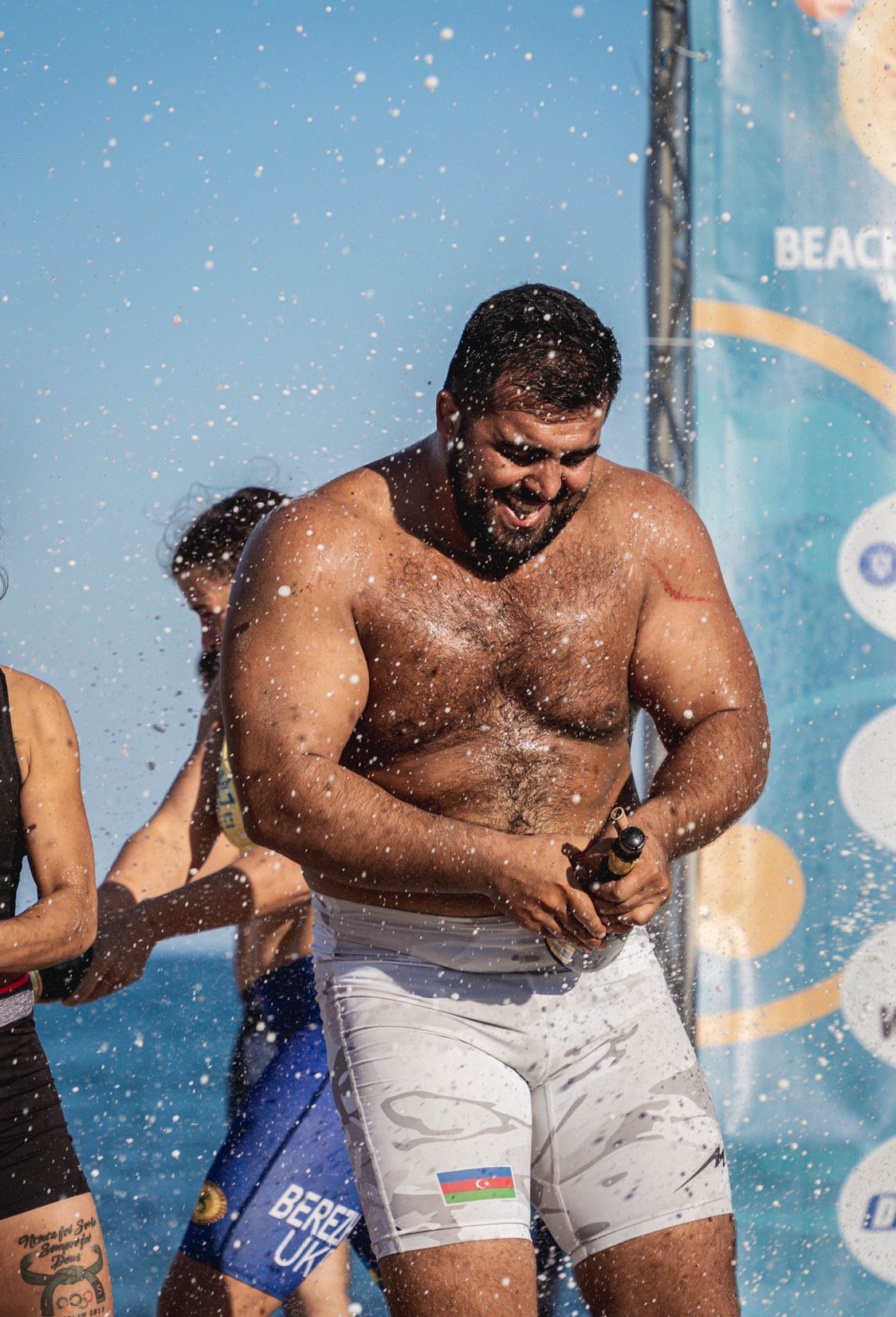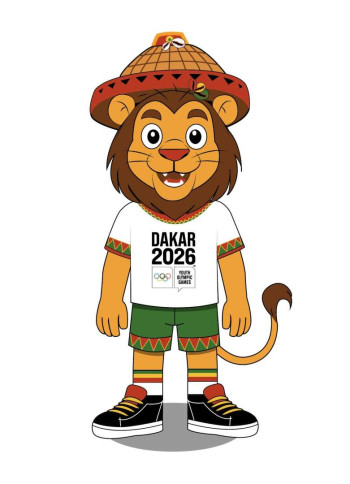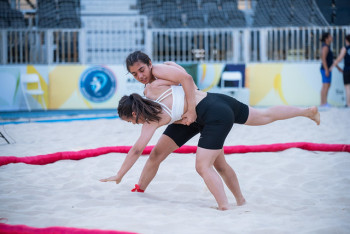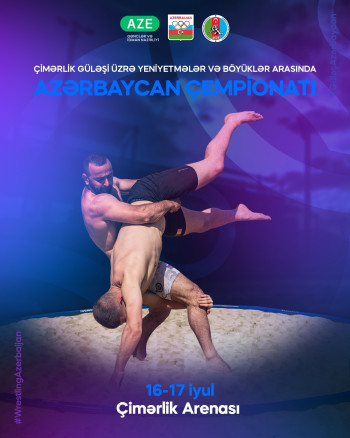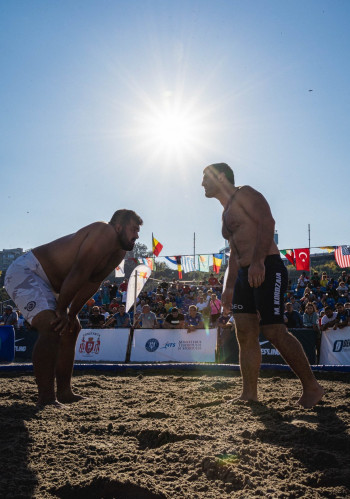The Rich and Evolving History of Beach Wrestling
Beach wrestling, as a competitive discipline, may seem modern and trendy, but its roots stretch deep into the sands of history. Across ancient civilizations, wrestling has always been one of the most primal and celebrated forms of athletic combat. From the shores of ancient Greece and the banks of the Nile in Egypt to the beaches of the Black Sea, men and women have been testing their strength on the sand for millennia. Beach wrestling today, as we know it, is a carefully designed evolution of this timeless tradition, shaped for the global sports stage with simplicity, intensity, and accessibility in mind.
Modern beach wrestling was officially introduced to the world wrestling community by United World Wrestling (UWW) in 2004, when the federation (formerly known as FILA) formally recognized the style as a competition format. The decision came after years of informal beach wrestling tournaments being held around the world, particularly in Mediterranean and Central Asian countries, where wrestling on sand was a culturally significant practice. The first World Beach Wrestling Championships took place in Antalya, Turkey, in 2006, marking the sport's global debut.
The creation of standardized rules transformed what was once casual or local into an internationally respected combat sport. Unlike freestyle or Greco-Roman wrestling, beach wrestling features fast-paced, point-based matches where agility and raw strength on shifting sands become paramount. The format limits matches to just three minutes, and the first to score three points wins. This rapid tempo keeps both the audience and the wrestlers constantly engaged, forging a thrilling combat experience that differs from mat wrestling’s technical depth.
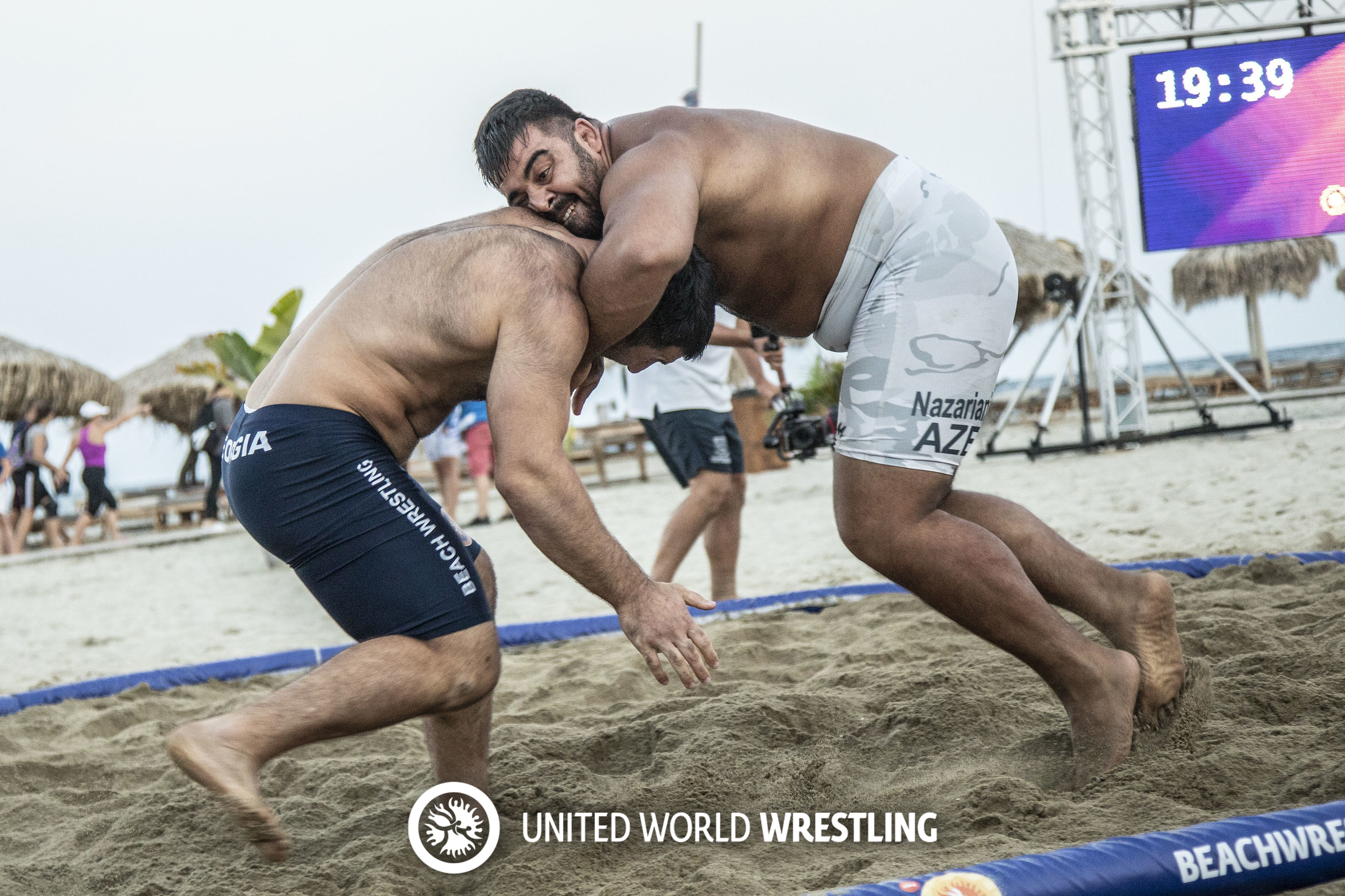
As beach wrestling expanded in reach and sophistication, it attracted the attention of countries far beyond its traditional heartlands. Events such as the Beach Wrestling World Series, launched in 2019, revolutionized the sport. Hosted in breathtaking coastal venues like Rome, Saint-Laurent-du-Var, and Constanta, these tournaments showcased the athletic and visual appeal of the sport, drawing in both elite beach wrestlers and newcomers.
One of the most influential figures in this development has been Oyan Nazariani, affectionately known as Oyan Coach in the global wrestling community. A fierce competitor turned respected beach wrestling coach, beach wrestling instructor, and beach wrestling organizer, Nazariani has been instrumental in promoting the sport’s international profile. His efforts, especially in coaching and developing youth programs, have inspired a new generation of athletes who now proudly call themselves beach wrestlers.
From 2020 onward, the sport’s growth has accelerated. National federations from Asia, Africa, the Americas, and Europe have adopted beach wrestling as a core discipline. The inclusion of beach wrestling in high-profile multi-sport events, like the World Beach Games and the upcoming Youth Olympic Games in Dakar 2026, signifies its increasing legitimacy and popularity. These milestones reflect a global movement: wrestling is no longer confined to gym mats—it’s taking place under the sun, on the sand, where ancient tradition meets modern athleticism.
Today, beach wrestling represents not only a thrilling sport but also a unique lifestyle. Whether you’re an athlete, a beach wrestling coach, or a fan, the sport offers a compelling connection to physicality, history, and international community. From the early days of regional contests to today’s professionally organized world series, beach wrestling has grown into a beacon of inclusive and accessible combat sport. And with passionate figures like Oyan Nazariani at the helm, the journey of beach wrestling is only beginning.
